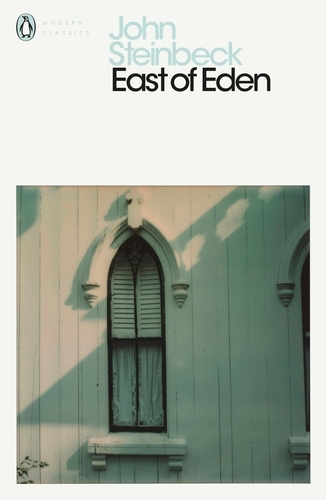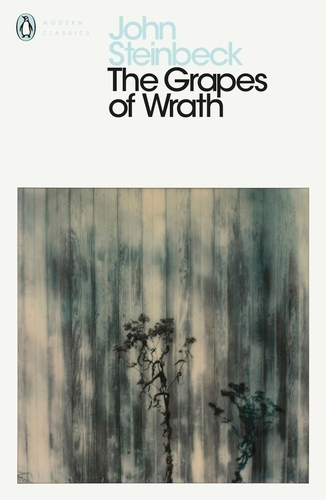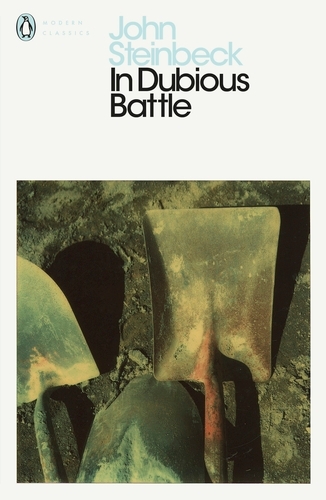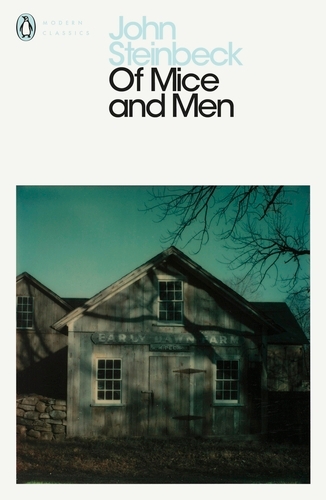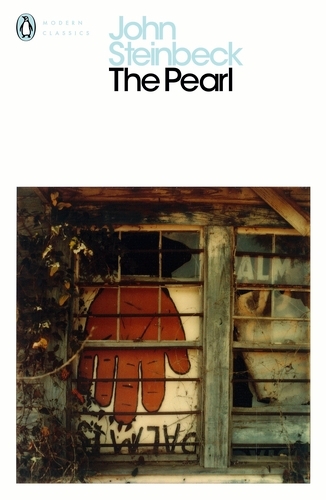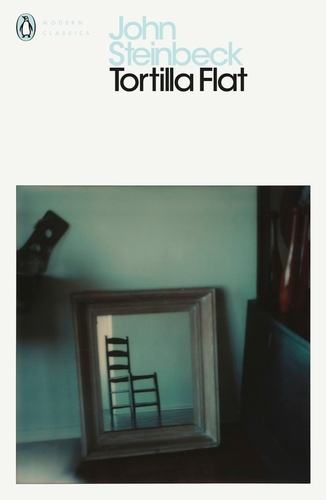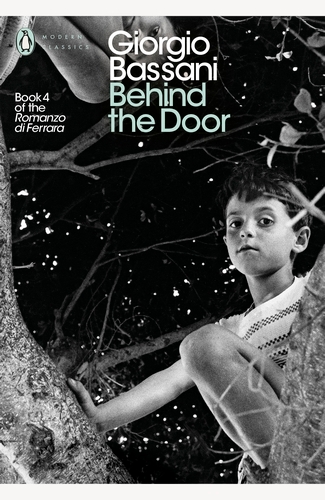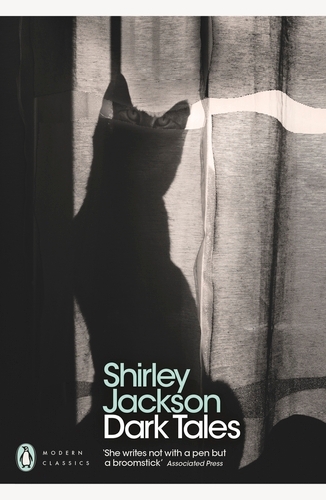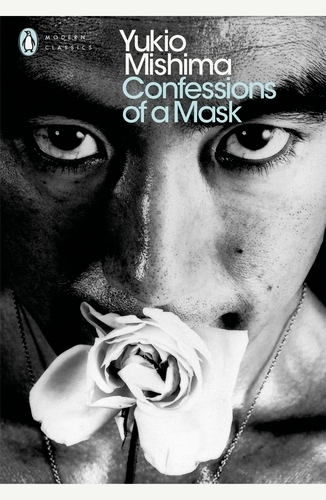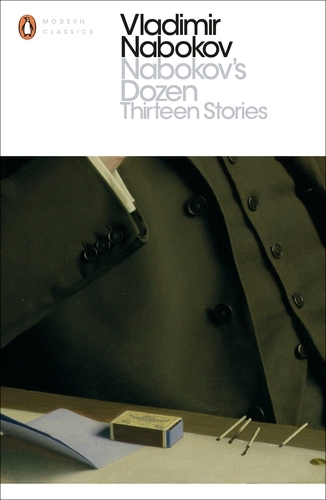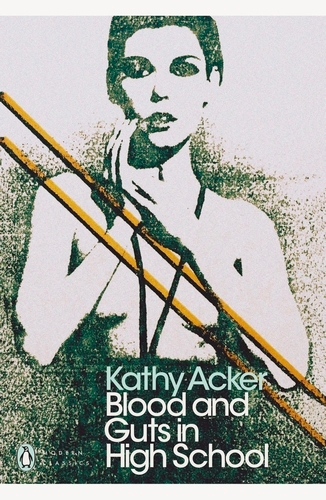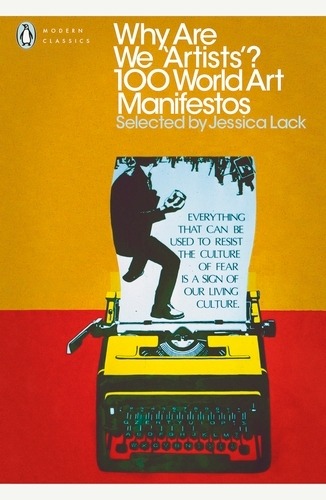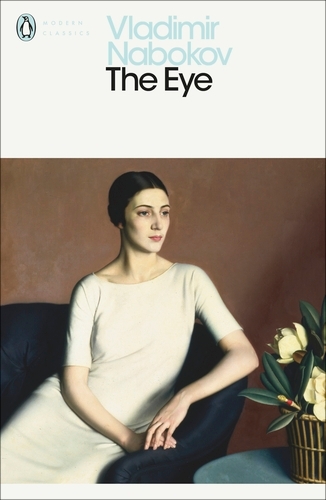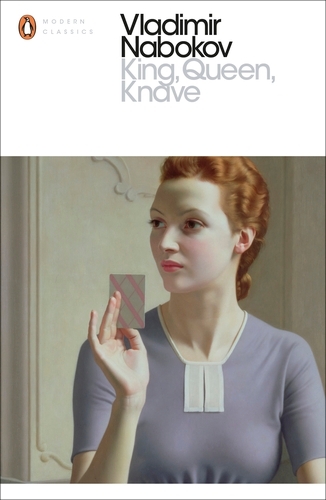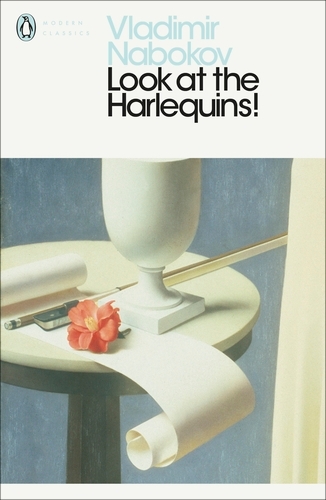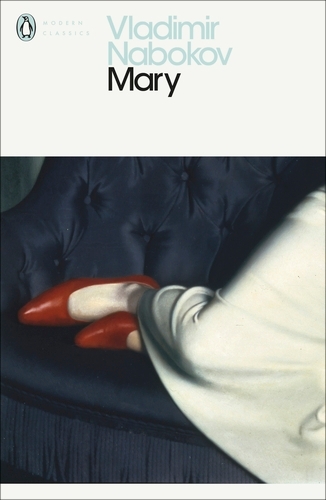Penguin Modern Classics
1281 books in this series
East of Eden
Set in the rich farmland of the Salinas Valley, California, this powerful, often brutal novel, follows the interwined destinies of two families - the Trasks and the Hamiltons - whose generations hopelessly re-enact the fall of Adam and Eve and the poisonous rivalry of Cain and Abel. Here Steinbeck created some of his most memorable characters and explored his most enduring themes: the mystery of indentity; the inexplicability of love, and the murderous consequences of love's absence.
The Grapes of Wrath
Shocking and controversial when it was first published in 1939, Steinbeck's Pulitzer prize-winning epic remains his undisputed masterpiece. Set against the background of dust bowl Oklahoma and Californian migrant life, it tells of the Joad family, who, like thousands of others, are forced to travel West in search of the promised land. Their story is one of false hopes, thwarted desires and broken dreams, yet out of their suffering Steinbeck created a drama that is intensely human, yet majestic in its scale and moral vision; an eloquent tribute to the endurance and dignity of the human spirit.
In Dubious Battle
Both a fast-paced story of social unrest and strike, and the tale of one young man's struggle for identity, IN DUBIOUS BATTLE is a novel about the apocalyptic violence that breaks out when the masses become the mob. Set in California apple country, a strike by migrant workers spirals out of control, as principled defiance turns into blind fanaticism. Caught in this upheaval is Jim Nolan, a once aimless man who finds himself briefly becoming the leader of the strike before being crushed in its service. IN DUBIOUS BATTLE explores and dramatises many of the ideas and themes key to Steinbeck's writing.
Of Mice and Men
Drifters in search of work, George and his simple-minded friend Lennie, have nothing in the world except each other - and a dream. A dream that one day they will have some land of their own. Eventually they find work on a ranch, but their hopes are doomed as Lennie - struggling against extreme cruelty, misunderstanding and jealousy - becomes a victim of his own strength. Tackling universal themes, friendship and a shared vision, and giving a voice to America's lonely and dispossesed, OF MICE AND MEN remains Steinbeck's most popular work.
The Pearl
THE PEARL is Steinbeck's flawless parable about wealth and the evil it can bring. When Kino, an Indian pearl-diver, finds 'the Pearl of the world' he believes that his life will be magically transformed. He will marry Juana in church and their little boy, Coyotito, will be able to attend school. Obsessed by his dreams, Kino is blind to the greed, fear and even violence the pearl arouses in him and his neighbours. Written with haunting simplicty and lyrical simplicity, THE PEARL sets the values of the civilized world against those of the primitive and finds them tragically inadequate.
Tortilla Flat
Steinbeck's first major critical and commercial success, TORTILLA FLAT is also his funniest novel. Danny is a paisano, descended from the original Spanish settlers who arrived in Monterey, California, centuries before. He values friendship abovemoney and possessions, so that when he suddently inherits two houses, Danny is quick to offer shelter to his fellow gentlemen of the road. Their love of freedom and scorn for material things draw them into daring and often hilarious adventures. Until Danny, tiring of his new reponsibilities, suddenly disappears...
Behind the Door
'It was useless to think I'd ever be able to throw open the door behind which I was yet again hiding ... Not now. Not ever.'
School is a place of unspoken hierarchies and rivalries for a young teenage boy growing up in the provincial town of Ferrara. But as the everyday classroom and playground dramas are played out, they begin to reflect the disturbing undertones of 1930s Italy, and the narrator realizes that being Jewish means he will always be excluded. The fourth book in Bassani's Romanzo di Ferrara cycle, Behind the Door is a luminous portrayal of childhood friendship and the loss of innocence.
A new translation by Jamie McKendrick
'Giorgio Bassani is one of the great witnesses of this century, and one of its great artists' Guardian
'Powerful new translations . . . Bassani began as a poet, and McKendrick's redelivery of this taut uncompromising fiction reveals resonance and generosity' Ali Smith
School is a place of unspoken hierarchies and rivalries for a young teenage boy growing up in the provincial town of Ferrara. But as the everyday classroom and playground dramas are played out, they begin to reflect the disturbing undertones of 1930s Italy, and the narrator realizes that being Jewish means he will always be excluded. The fourth book in Bassani's Romanzo di Ferrara cycle, Behind the Door is a luminous portrayal of childhood friendship and the loss of innocence.
A new translation by Jamie McKendrick
'Giorgio Bassani is one of the great witnesses of this century, and one of its great artists' Guardian
'Powerful new translations . . . Bassani began as a poet, and McKendrick's redelivery of this taut uncompromising fiction reveals resonance and generosity' Ali Smith
Dark Tales
There's something nasty in suburbia. In these deliciously dark tales, the daily commute turns into a nightmarish game of hide and seek, the loving wife hides homicidal thoughts and the concerned citizen might just be an infamous serial killer. In the haunting world of Shirley Jackson, nothing is as it seems and nowhere is safe, from the city streets to the crumbling country pile, and from the small-town apartment to the dark, dark woods...
Confessions of a Mask
A Japanese teenager is overcome with longing for his male classmate. Each night he imagines his body punctured with arrows, like the body of St Sebastian in Guido Reni's painting; the objects of our hero's desire are tortured, killed and maimed, over and over again each night in his private fantasies. He must hide his lust from a homophobic and stiflingly conventional Japan. Self-loathing and desperate, he begins acting out a love affair with the sister of a school friend, while grappling with his hidden desires under the shadow of a Japan under threat from World War Two.
Nabokov's Dozen
In some of these stories shadowy people pass through, cooped up by life, mangled by it, with nowhere to escape to. Their dreams lie stifled, smothered by routine and repetition, and frustrations lurk in all the corners. In others, elusive glimpses of fleeting happiness, which flutter away before they can be snatched, waylay their victims. Like the shimmer of the sea, the gleam of a glass caught by the sun, they sparkle brilliantly only to dissolve again.
Two of the stories, 'First Love' and 'Mademoiselle O', are autobiographical, and 'The Assistant Producer' is based on real events, but the rest are pure flights of fantasy - or the stuff that life is weaved of?
Two of the stories, 'First Love' and 'Mademoiselle O', are autobiographical, and 'The Assistant Producer' is based on real events, but the rest are pure flights of fantasy - or the stuff that life is weaved of?
Blood and Guts in High School
'Acker gives her work the power to mirror the reader's soul' William S. Burroughs
'Kathy Acker's writing is virtuoso, maddening, crazy, so sexy, so painful, and beaten out of a wild heart that nothing can tame. Acker is a landmark writer' Jeanette Winterson
This is the story of Janey, who lived in a locked room, where she found a scrap of paper and began to write down her life. It's a story of lust, sex, pain, youth, punk, anarchy, gangs, the city, feminism, America, Jean Genet and the prisons we create for ourselves. A heady, surreal mash-up of coming-of-age tale, prose, poetry, plagiarism and illustration, Kathy Acker's breakthrough 1984 novel caused huge controversy and made her an avant-garde literary icon.
Published to coincide with the 20th anniversary of Kathy Acker's untimely death, Blood and Guts in High School is published for the first time in Penguin Classics, acknowledging the profound impact she has had on our culture, and alongside the authors her work pulsates with the influence of: William S. Burroughs, Cervantes and Charles Dickens, among others.
'Kathy Acker's writing is virtuoso, maddening, crazy, so sexy, so painful, and beaten out of a wild heart that nothing can tame. Acker is a landmark writer' Jeanette Winterson
This is the story of Janey, who lived in a locked room, where she found a scrap of paper and began to write down her life. It's a story of lust, sex, pain, youth, punk, anarchy, gangs, the city, feminism, America, Jean Genet and the prisons we create for ourselves. A heady, surreal mash-up of coming-of-age tale, prose, poetry, plagiarism and illustration, Kathy Acker's breakthrough 1984 novel caused huge controversy and made her an avant-garde literary icon.
Published to coincide with the 20th anniversary of Kathy Acker's untimely death, Blood and Guts in High School is published for the first time in Penguin Classics, acknowledging the profound impact she has had on our culture, and alongside the authors her work pulsates with the influence of: William S. Burroughs, Cervantes and Charles Dickens, among others.
Why Are We 'Artists'?
'Art is not a luxury. Art is a basic social need to which everyone has a right'.
This extraordinary collection of 100 artists' manifestos from across the globe over the last 100 years brings together political activists, anti-colonialists, surrealists, socialists, nihilists and a host of other voices. From the Négritude movement in Europe, Africa and Martinique to Japan's Bikyoto, from Iraqi modernism to Australian cyberfeminism, they are by turns personal, political, utopian, angry, sublime and revolutionary. Some have not been published in English before; some were written in climates of censorship and brutality; some contain visions of a future still on the horizon. What unites them is the belief that art can change the world.
This extraordinary collection of 100 artists' manifestos from across the globe over the last 100 years brings together political activists, anti-colonialists, surrealists, socialists, nihilists and a host of other voices. From the Négritude movement in Europe, Africa and Martinique to Japan's Bikyoto, from Iraqi modernism to Australian cyberfeminism, they are by turns personal, political, utopian, angry, sublime and revolutionary. Some have not been published in English before; some were written in climates of censorship and brutality; some contain visions of a future still on the horizon. What unites them is the belief that art can change the world.
The Eye
Smurov, a fussily self-conscious Russian tutor, shoots himself after a humiliating beating by his mistress' husband. Unsure whether his suicide has been successful or not, Smurov drifts around Berlin, observing his acquaintances, but finds he can discover very little about his own life from the opinions of his distracted, confused fellow-émigrés. Nabokov's shortest novel, The Eye is both a satirical detective story and a wonderfully layered exploration of identity, appearance and the loss of self in a world of word-play and confusion.
King, Queen, Knave
'Of all my novels this bright brute is the gayest', Nabokov wrote of King, Queen, Knave. Comic, sensual and cerebral, it dramatizes an Oedipal love triangle, a tragi-comedy of husband, wife and lover, through Dreyer the rich businessman, his ripe-lipped ad mercenary wife Martha, and their bespectacled nephew Franz. 'If a resolute Freudian manages to slip in' - Nabokov darts a glance to the reader - 'he or she should be warned that a number of cruel traps have been set here and there...
Look at the Harlequins!
'Look at the harlequins ... Play! Invent the world! Invent reality'. This is the childhood advice given by an aunt to Russian born writer Vadim Vadimovich, who emigrates to England, then Paris, then Germany and then the US, and, now dying, reconstructs his past. He remembers Iris his first wife, Annette his long-necked typist and Bel his daughter, as well as his own bizarre 'numerical nimbus syndrome'.
Mary
Lev Ganin is a young officer sharing a boarding house in Berlin with a host of Russian émigrés. Alone in his room, he dreams of his first love, Mary. Awash with memories of youth and idyllic scenes of pre-Revolution Russia, Ganin becomes convinced that Mary is in fact the wife of a fellow-boarder, due to arrive at this very house soon. He longs for her arrival, when he can whisk her away and leave everything behind ...
